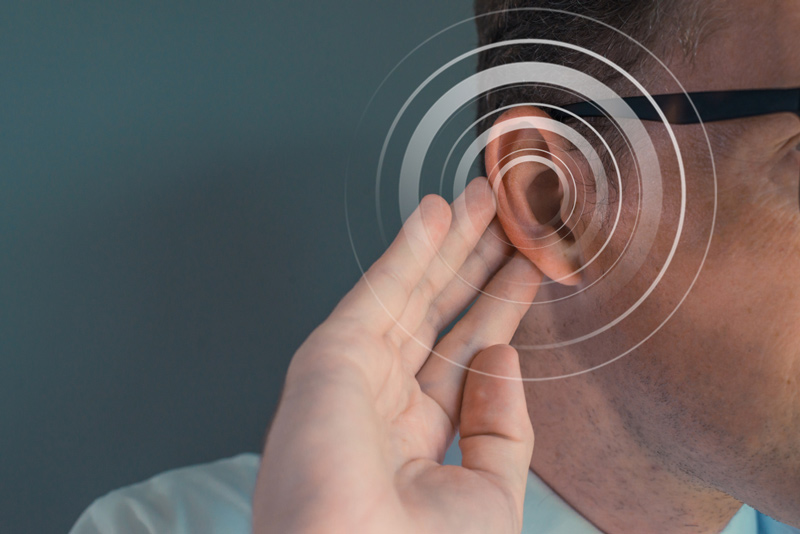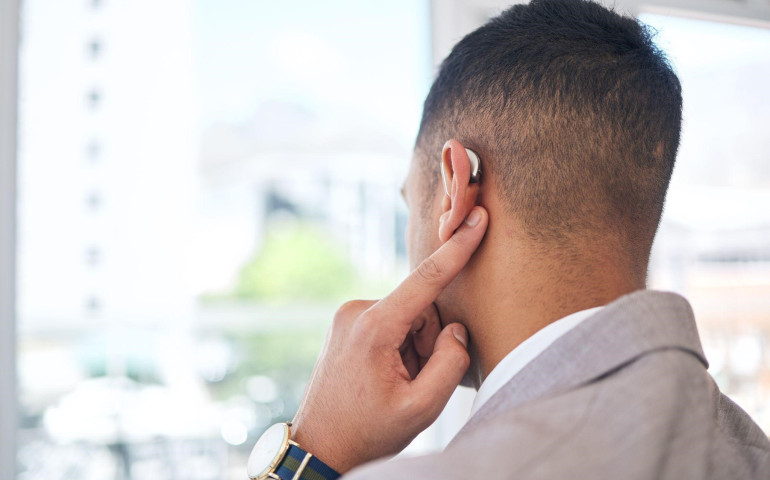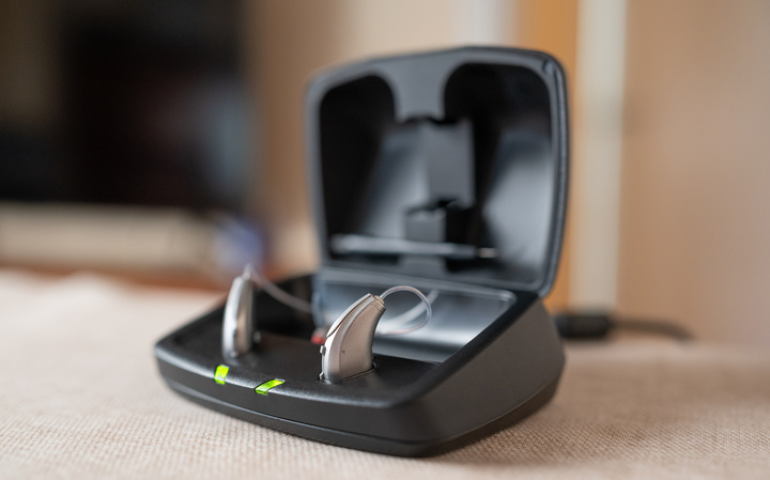What Are the Causes of Low-Frequency Hearing Loss?
When you have a problem hearing, it can affect all different aspects of your life. From your conversations with loved ones to being alerted when an emergency occurs, your hearing is an essential component of your life. One type of hearing loss that tends to go undiagnosed for long periods is low-frequency hearing loss.
What is Low-Frequency Hearing Loss?
One of the rarest forms of hearing impairment, low-frequency hearing loss, is when a person has difficulty hearing low-pitch noises. You may also hear this type of hearing loss referred to as reverse slope hearing loss. This is simply because of the shape that the audiogram chart makes for patients who have this type of hearing impairment.
Patients who experience low-frequency hearing loss commonly report having difficulty hearing men's voices more than the voices of women and children because of the tone difference. They also have difficulty distinguishing between vowel sounds because vows are lower in pitch than consonants. Those with low-frequency hearing loss also report having difficulty talking on the phone and regularly ask people to speak up when they're talking to them, even when they're standing close by.
What Causes Low-Frequency Hearing Loss?
Low-frequency hearing loss can be caused by several different conditions. It can be a genetic condition that shows up at birth. It may be the result of a childhood illness like measles. However, in most cases, low-frequency hearing loss results from Meniere's disease. This autoimmune disorder progresses over time and creates more severe hearing loss. Patients may also experience episodes of dizziness and /t/tinnitus. In some cases, those who experience Meneire's disease may also develop hearing loss at other frequency levels.
Since low-frequency hearing loss deals explicitly with the inability to hear very low pitch sounds, it's not uncommon for this condition to go misdiagnosed for years. Most of the standard hearing tests are specifically calibrated to detect problems with hearing higher frequency pitches. This is why you must ensure your audiologist is actively testing for low-frequency and high-frequency hearing loss when you undergo your professional hearing examination.
What Treatments Are Available For Low-Frequency Hearing Loss?
Almost always, low-frequency hearing loss is treated with the use of hearing aids. A licensed audiologist will be able to work with you to establish the ideal settings for your new hearing aids to ensure that they're successfully amplifying the low-pitched sounds while not making the higher-pitch sounds uncomfortably loud. You should expect this to be a process of trial and error with your programming until it gets just right. However, once your hearing aids are perfectly tuned, it won't be long until you realize how much they can enhance your quality of life.
Call Us Today
If you're experiencing difficulty hearing, then it's time to contact our offices in Michigan at Beltone Skoric Hearing Aid Center. Let our helpful hearing care specialists assist you with your hearing-related needs today.
Resources:
https://www.entofga.com/what-is-low-frequency-hearing-loss/






